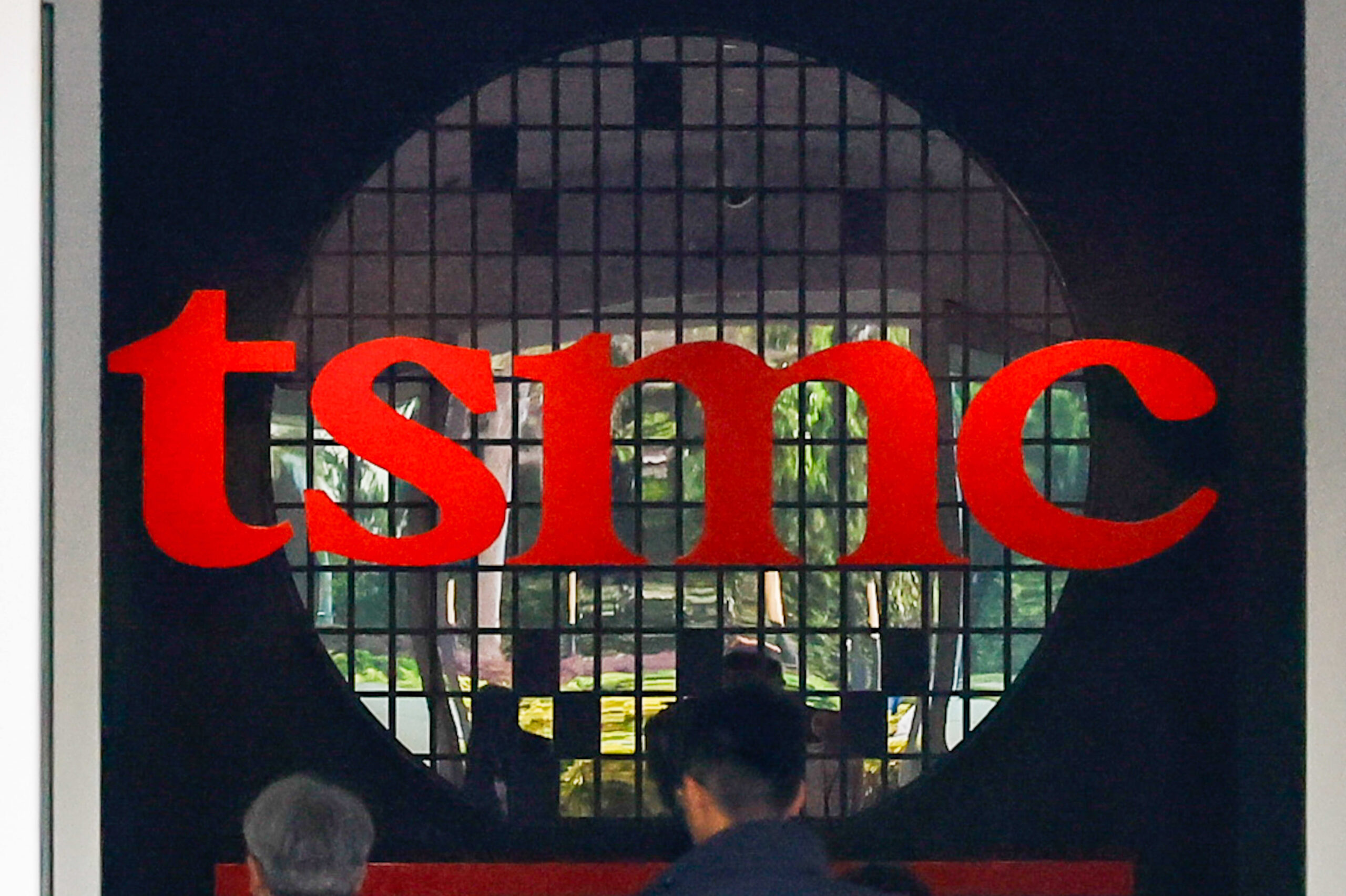Chip stocks fall on report U.S. could terminate waivers for Taiwan Semi and others


Semiconductor stocks declined Friday following a report that the U.S. is weighing measures that would terminate waivers allowing some chipmakers to send American technology to China.
Commerce Department official Jeffrey Kessler told Samsung Electronics, SK Hynix and Taiwan Semiconductor this week that he wanted to cancel their waivers, which would allow them to send U.S. chipmaking tech to their factories in China, The Wall Street Journal reported, citing people familiar with the matter.
The VanEck Semiconductor ETF declined about 1%. Nvidia and Qualcomm also fell about 1% each, while Marvell Technology and Taiwan Semiconductor slipped about 2% each.
The latest reported move by the Commerce Department comes as the U.S. and China hold an unsteady truce over tariffs and trade, with chip controls a key sticking point.
The countries agreed to the framework of a second trade agreement in London days ago after relations soured following the initial tariff pause in May.
The U.S. issued several chip export changes after the May pause that rattled relations, with China calling the rules “discriminatory.”
U.S. chipmakers have been hit with curbs over the past few years, limiting the ability to sell advanced artificial intelligence chips to China due to national security concerns.
During its earnings report last month, Nvidia said the recent export restriction on its China-bound H20 chips hindered sales by about $8 billion.
Nvidia CEO Jensen Huang told investors on an earnings call that the $50 billion market in China for AI chips is “effectively closed to U.S. industry.” During a CNBC interview in May, he called getting blocked from China’s AI market a “tremendous loss.”
Read the full WSJ report here.
WATCH: U.S. prepares action targeting allies’ ability to ship American chip-making equipment to China
Adblock test (Why?)






